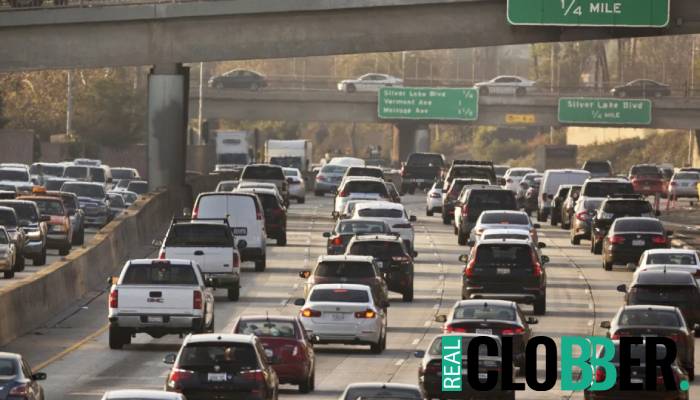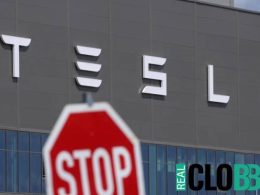According to an automotive industry group, the Biden administration’s proposal to raise fuel economy standards through 2032 is unworkable and could cost automakers more than $14 billion in fines.
According to the Alliance for Automotive Innovation, which represents General Motors, Toyota Motor, Volkswagen, Hyundai, and others, the National Highway Traffic Safety Administration’s Corporate Average Fuel Economy proposal “exceeds maximum feasibility,” and the agency projects “manufacturers will pay over $14 billion in noncompliance penalties between 2027 and 2032.”
According to a separate paper seen by Reuters, the Detroit Three – GM, Ford Motor, and Chrysler-parent Stellantis – would face almost $10 billion in CAFE fines over that time period.
The record-breaking fines include $235.5 million for Stellantis for the 2018 and 2019 model years and $128.2 million for GM for the 2016 and 2017 model years.
The objection is similar but not identical to those voiced in response to the Environmental Protection Agency’s proposal to require 67% of new automobiles to be electric by 2032. In June, the auto industry association termed the EPA proposal “neither reasonable nor achievable.” Toyota described the EPA proposal’s stringency criteria as “extreme and outside historical norms.”












